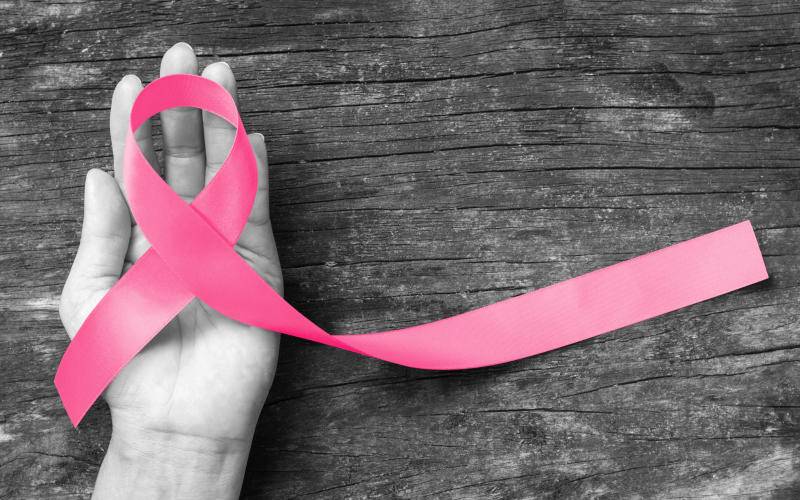×
The Standard e-Paper
Home To Bold Columnists

Kenya Society for Hematology and Oncology recently gathered over 450 professionals involved in cancer care from Kenya, East Africa and the world for the first virtual Kenya International Cancer Conference and challenged them to develop strategies to incorporate value-based care into their practice.